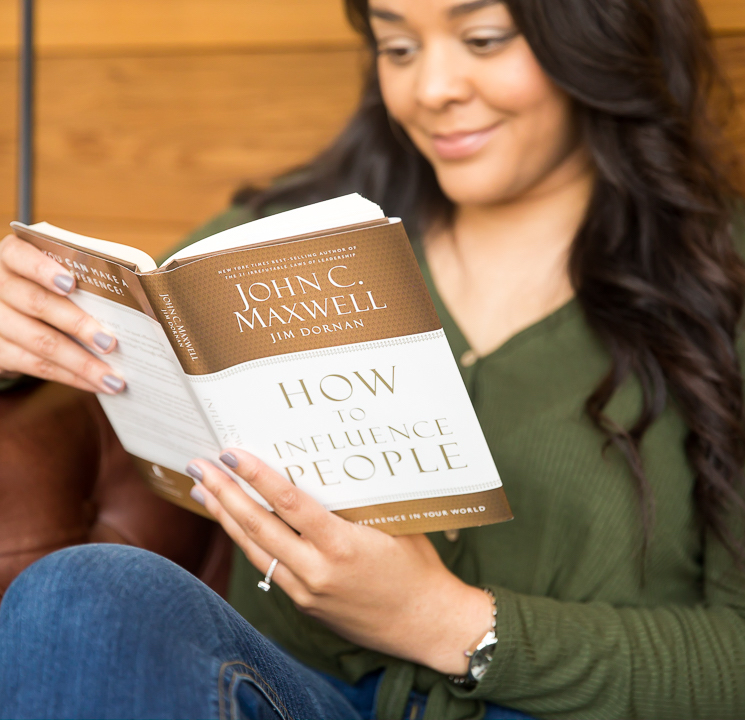Self-help books have enjoyed widespread popularity for decades, promising their readers personal growth, happiness, and success. These books cover a broad range of topics, from relationships and career advice to mental health and spirituality. While they can offer valuable insights and inspiration, it is essential to approach them with a critical mindset. I’m personally a huge fan of self-help books but you have to pause and wonder – where is this author pulling this advice? How accurate is the information? Does this help any kind of person or is it only applicable to privileged populations? This article explores the reasons why one should take self-help books with a grain of salt (as much of a fan as I am…).
Oversimplification and Generalization
Self-help books often present complex human experiences and problems in oversimplified and generalized terms. Human beings are intricate and diverse, and our lives cannot be neatly packaged into a one-size-fits-all solution. For example, Brené Brown is a notorious self-help author that has supported millions of people. However, self-help books may not have a truly intersectional approach to their advice. In her article, Dr. Carey Yazeed discusses how “courage culture” shared in Brown’s book can be dangerous for Black women. Dr. Yazeed shares, “Black women have to read the courageous writings of white women through a different lens, understanding that this is her experience and yours, no matter how bad you want it to align, never will.” Self-help books will, often, not align with everyone’s experience, gender, background, race, ethnicity, religious beliefs, and so on. Self-help authors may overlook the uniqueness of individual circumstances, leading to advice that may not be suitable or applicable to everyone. It is crucial to recognize that what works for one person may not work for another.
Lack of Scientific Evidence
Many self-help books are not grounded in rigorous scientific research. While some authors draw from scientific studies and incorporate evidence-based practices, others rely primarily on personal anecdotes and subjective experiences. Without a solid foundation in empirical evidence, the effectiveness of the strategies and techniques advocated in these books remains uncertain. An article by CNN Health shared that “18% of the books provided “potentially harmful” advice, such as using herbs to help with problems like depression (there is insufficient or no evidence that this is helpful).” It is essential to critically evaluate the credibility and reliability of the sources before accepting them as a definitive guide. If there is any type of scientific or medical advice offered in a self-help book, it’s important to research the credentials of the author and person sharing the advice.
Neglecting the Complexity of Mental Health
Self-help books often touch on mental health topics, providing advice on managing anxiety, depression, or stress. While they may offer helpful suggestions, it is crucial to remember that mental health issues are complex and nuanced and often don’t benefit from generalized advice. Seeking guidance solely from a self-help book may not be sufficient when professional intervention, such as therapy or counseling, is necessary. Clinical psychologist Caroline Harris said that “self-help [books] can be really useful alongside therapy. I think it allows people to maybe normalize mental health problems or reduce stigma. I think it’s a massive stepping stone towards people accessing that support.” Focusing self-help efforts solely on content is not enough – using professional resources and a support system can be crucial to better one’s mental health.
While self-help books can inspire, motivate, and provide valuable insights, it is crucial to approach them with a critical mindset and take their advice with a grain of salt. Recognizing their limitations, such as oversimplification, lack of scientific evidence, and neglect of mental health, is necessary for a well-rounded approach to personal development. Utilize self-help books as a supplement to other resources, engage in critical thinking, and consider seeking professional guidance when needed. Ultimately, the journey of personal growth is unique to each individual, and embracing a holistic approach can yield more meaningful and lasting results.
Read More:
https://www.cnn.com/2019/05/02/health/self-help-books-usefulness-intl/index.html
Self Care Laid Bare episode of the Codeswitch Podcast (NPR)
Rachel Hollis Controversy (Vox)
Improving Ourselves to Death (New Yorker)
Radical Origins of Self-Help Books (The Nation)





